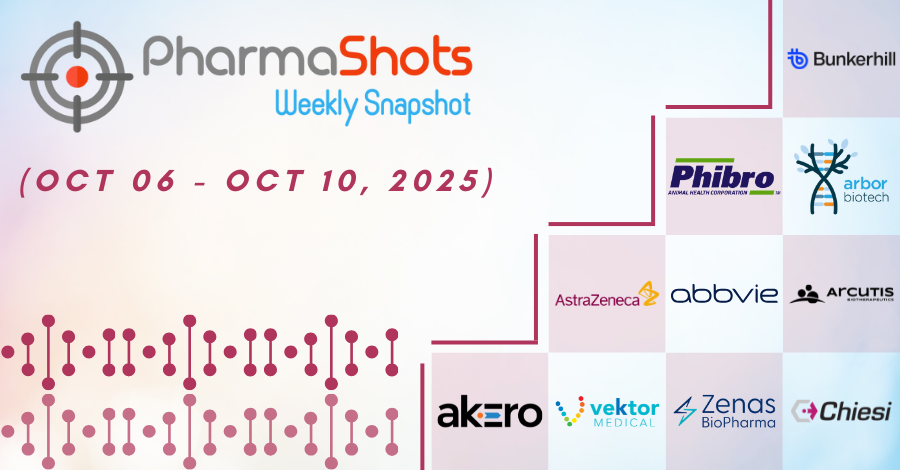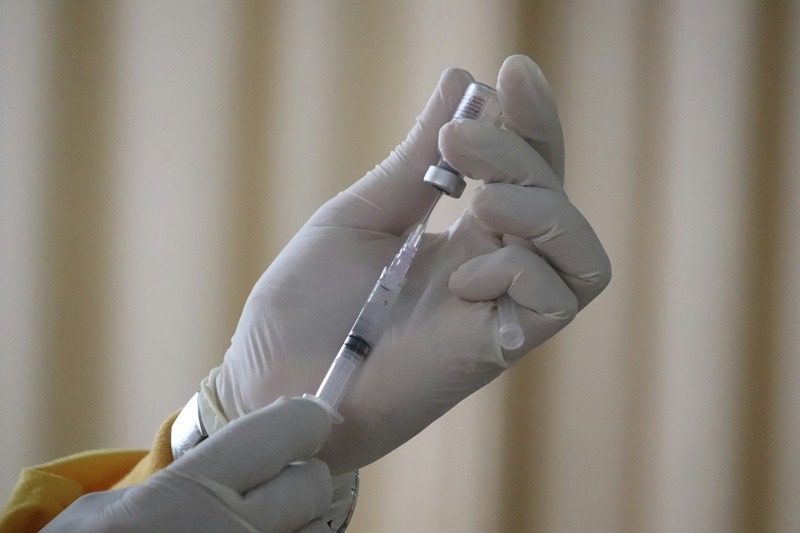

Turbine and AstraZeneca have entered a partnership to enhance the discovery of antibody-drug conjugates (ADCs) using the former’s virtual disease models.
The partnership will leverage Turbine’s platform to predict response mechanisms, optimise ADC positioning, and reduce reliance on extensive cell line screening.
It will leverage Turbine’s ability to virtualise biological experiments to streamline the ADC discovery process while providing mechanistic insights.
Turbine and AstraZeneca previously partnered to investigate mechanisms of therapy resistance in haematological cancers using Turbine’s Simulated Cell platform.
This earlier partnership also focused on predicting combination synergy and identifying relevant biomarker candidates linked to DNA damage repair mechanisms.
Turbine chief scientific officer and co-founder Daniel Veres stated: “By implementing a lab-in-the-loop approach, we can move beyond broad experimental screening toward a more efficient, targeted strategy that selects the ADC combinations most likely to succeed in patients.
“This also lays the groundwork for deeper integration of our Virtual Lab into discovery workflows, helping ensure that the right experiments are run to generate the greatest impact for patients.”
The companies plan to adopt a lab-in-the-loop approach to address the challenge in ADC development.
This method involves Turbine’s platform, suggesting a selected subset of cell lines for testing, followed by predicting outcomes across thousands of in silico models using AstraZeneca’s ADC datasets.
These datasets encompass both single-agent and combination studies, bringing discovery efforts closer to clinical outcomes.
The long-term goal of the initiative is to extend similar methodologies to patient-derived models and ultimately enhance clinical care.
In addition to alleviating the experimental burden, Turbine’s platform offers mechanistic insights that improve clinical translatability.
The platform not only models cell survival but also alters gene expression, facilitating a better understanding of why certain cells respond to or resist treatment.
Earlier in 2025, AstraZeneca, Tempus and Pathos AI partnered to develop a large-scale multimodal deep learning model designed to accelerate cancer drug discovery.
ADC content on Pharmaceutical Technology (Or Clinical Trials Arena) is supported by Syngene. Editorial content is independently produced and follows the highest standards of journalistic integrity. Topic sponsors are not involved in the creation of editorial content.








